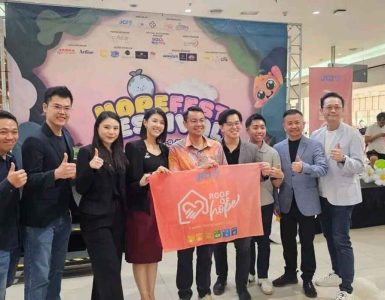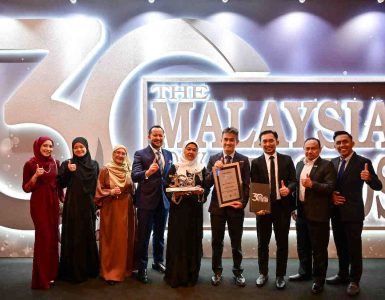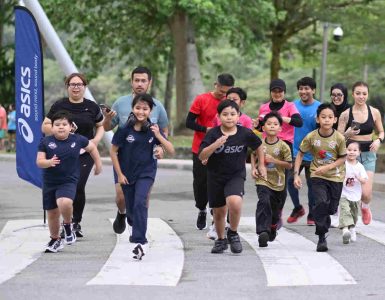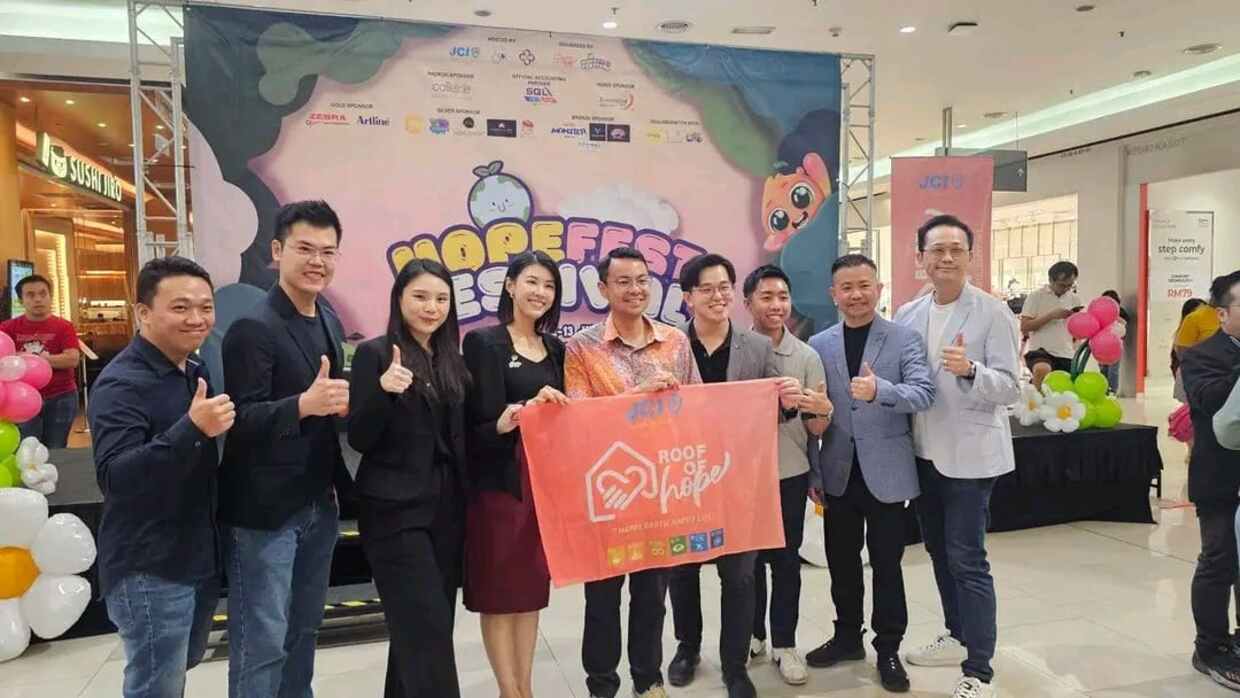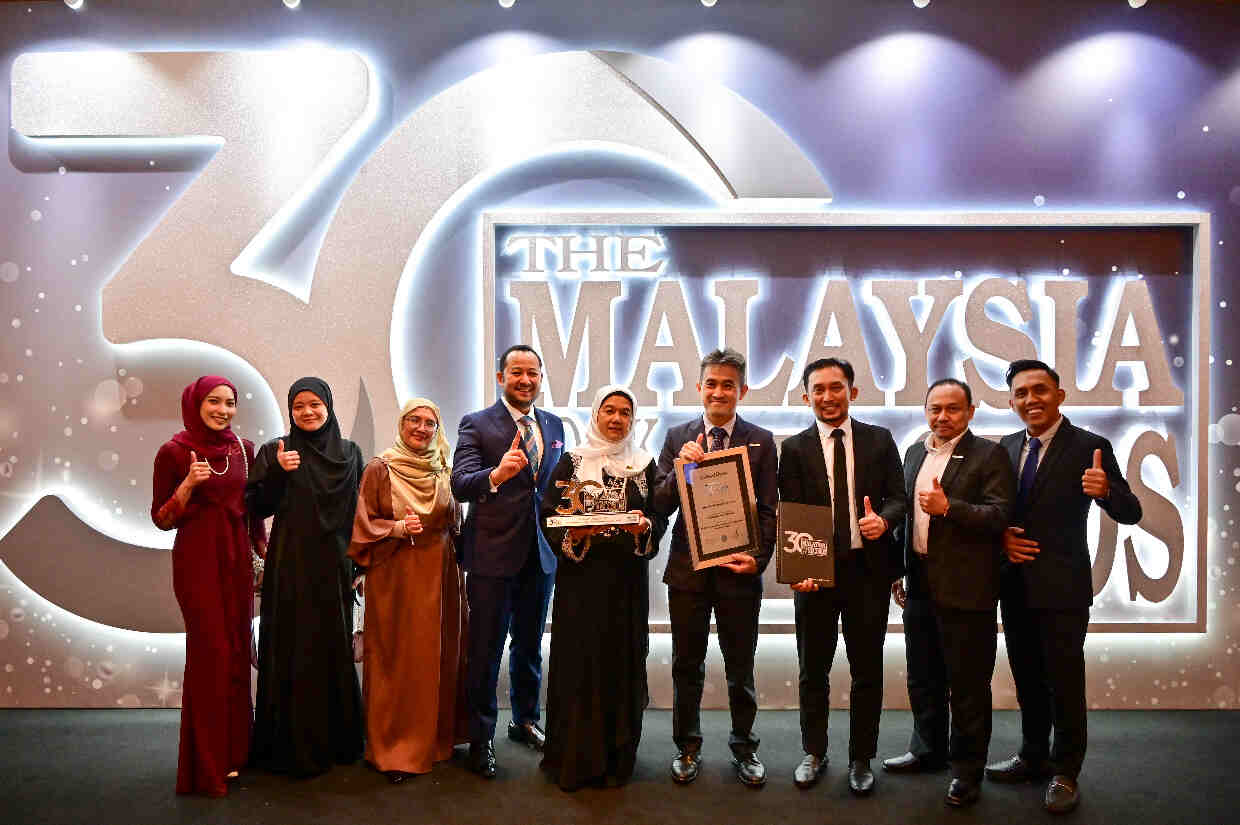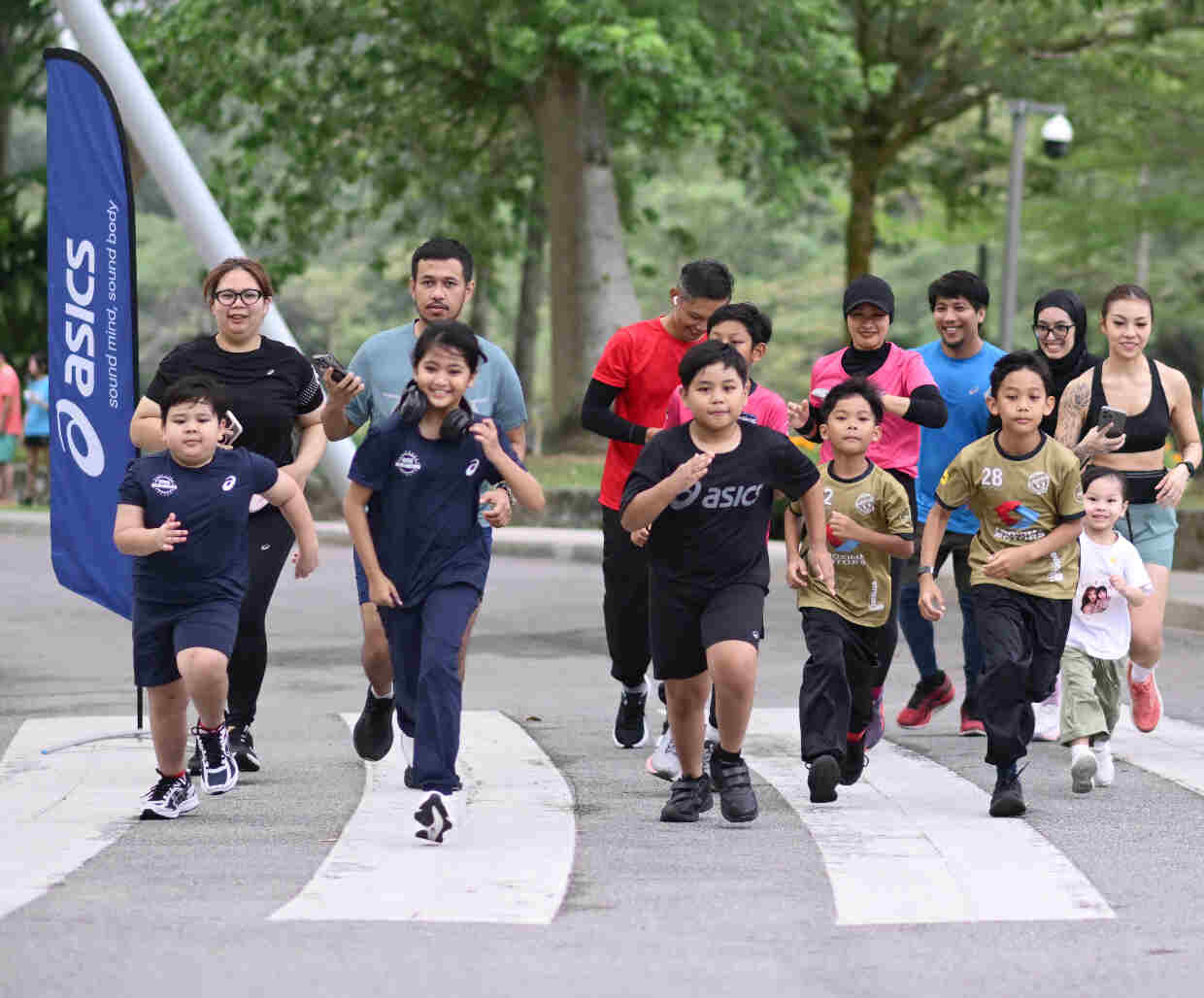by Su-May Tan
Tanda Htun, 30, is the leader of Kaoprise, one of the three Myanmar refugee women’s livelihood projects under Tanma Federation.
Her group makes soap and massage oils in the tradition of her family. Her mother is a farmer, as most Mon people are, but due to the lack of hospitals and medical services in Myanmar, they have become very knowledgeable in self-healing.
And so Tanda and her partners have come up with a range of bath products that are not just fragrant but can nourish the skin and relieve aching muscles naturally. These products are made from all-organic, plant-based, ingredients such as lemon grass, coconut oil and vanilla.
Tanma products are Fair Trade, which means the artisans are guaranteed a fair return of the profits based on international Fair Trade standards, in this case, 35 percent, says Tanda. “The profit is used to fund social projects, give training to the women and for emergency funds, such as when somebody has an accident,”she explains.
The Tanma women want to develop their products and marketing because, with better sales, they will have more money for training, more skill-sets, and thus greater independence.
Currently, sales have been increasing but the women do not have any fixed retail outlets for their products. So they sell at churches, bazaars, at Art for Grabs in Central Market and online. They also supply spas and overseas retailers but what they would like is more local sales and marketing avenues for their products.
Tanma products reach customers as far as away as Paris, Belgium and Australia. Elodie Voisin, a volunteer coordinator, says however that Tanma’s target market is local. “We want most of the products to be sold here because we want to reach Malaysian people. We want to spread the message that, ‘We are here, we need help.’
Tanma wants to raise public awareness; they want their rights to be recognised by the Malaysian people. “We want to bring Malaysians to work with us,”says Tanda. “Treat us like people, not refugees.”
Ultimately, most of the Myanmar people would like to resettle to a third country but the chances of resettlement are around 15 percent each year. Others want to stay in their countries of refuge and wait for Myanmar to be free. Either way, they face great challenges while here.
Tanda, for example, is a physics graduate in Myanmar, and has been here five years. She hopes to resettle as soon as possible.
A friend of hers, one of the first members of Tanma who has resettled in US, recently called her. She said, “I went to the market and I see all the ingredients for you to make your soap here, you better come quickly.”When Tanda moves to her third country she knows exactly what she wants to do. “I want to study a business course,”she says.
Meetings with men, and money
Tanma funds go towards building community schools and running them, training people, and enabling women to earn a regular income and feed their families. But one of the most evident benefits of the organisation is seeing the women empower themselves.
A large portion of the earnings goes into weekly training workshops on conflict management, gender issues, leadership, communication skills and human rights. Tanda’s favourite training so far is about holding meetings.
“The training is very good!”she says with the ardour one rarely sees in any student. She talks about the fundamentals of having a meeting with great relish, from creating an agenda to finding solutions via discussion.
Another important training topic for Tanma is gender conflict. Myanmar society can be male-oriented and there is conflict between husbands and wives when the women want to come out to work, says Apar, leader of Mang Tha, another group within Tanma.
“In Myanmar,”she says “they (the men) want to see food and water on the table ready when they come home from work. And here, it is the same. They don’t want the women to go out for social activities or classes or training. They want the women to cook and clean the house.”
The training programmes which involve both husband and wife help to ease this conflict, pre-empt domestic violence, and make it easier and safer for the women to work.
The UNHCR encourages women representatives from the refugee groups to participate in its projects. The groups however usually send a different woman every time simply because there are no women leaders. In recent times, this has changed.
Tanda, for example, is the first Mon woman leader elected by the Mon women. “They thought I didn’t have any skills, but after the assembly, they saw otherwise, and more and more (women) joined the project.
”Tanda is talking about the first Mon assembly, which attracted 70 men and 40 women who came together to resolve a dispute over who should keep the funds the women had earned. Tanda called for a vote and in the end, the money was give to the women.
This event was a milestone success, and Tanda now works with the men on occasion.
“When they (the men) have problems (such as financial crisis in the community) they call me to discuss as well. All these skills I learnt from livelihood projects and all the training,”she says of the UNHCR initiatives.
You can also see this change in the training workshops. Tanma’s programmes now attract over 200 women; women who used to run out of class because they were shy and had never before spoken in front of a group; women who are now sewing and knitting and creating their own income; who send money home and have confidence in themselves.
Burmese refugee women in Malaysia
There are about 34,700 Chin refugees registered with UNHCR in Malaysia. Many of them are afraid to step out of their homes for fear of being detained by the authorities.
According to a 2009 survey performed by Mang Tha, a Chin refugee women’s cooperative based in Pudu, 80 percent of these women are depressed or show signs of depression. “They cannot eat, they cannot sleep, they feel hopeless and live in fear every day,”says Elodie Voisin, volunteer coordinator at Tanma.
Malaysia is not a signatory to the United Nations Convention Relating to the Status of Refugees, which recognises the rights of refugees and affords them protection.
In addition to that, there are no legal provisions in the country to manage issues related refugees and, by law, they are not distinguished from undocumented migrants.
As a result of this, refugees are at risk of arrest and detention under the Immigration Act, and face deportation to countries where their lives and freedoms may be at risk. Additionally, they are unable to access legal employment or formal education.
There are no refugee camps in Malaysia, and refugees have settled in pockets of urban and rural areas around the country.
Many of the men find work unofficially recognised work in construction and other labour-intensive jobs, often at very low wages, and thus have no recourse should an employer decide not to pay wages or in the event of an injury.
Refugee women, on the other hand, are at an even greater disadvantage, as they are often even less educated than the men.
Unused to the city and being unable to speak or read the language, this leaves them at an extreme disadvantage and vulnerable to sexual exploitation as well.
Find our more about Tanma products here
This article was updated on 21 Dec 235pm to more accurately reflect the diversity of ethnic groups in Myanmar, of which the Burmese/Bamar are but one of 145 or so ethnic groups in the country.






